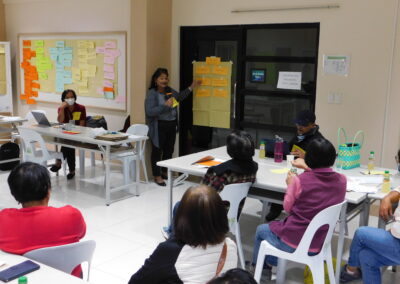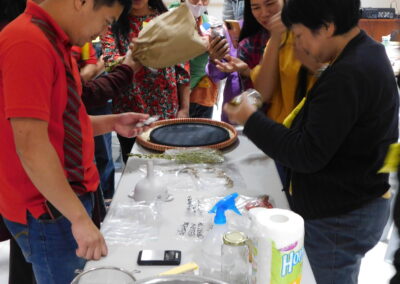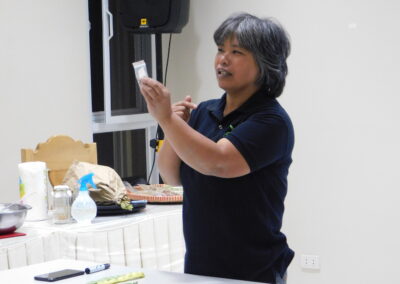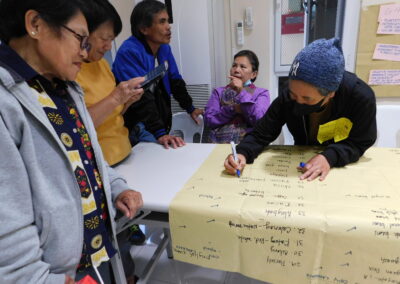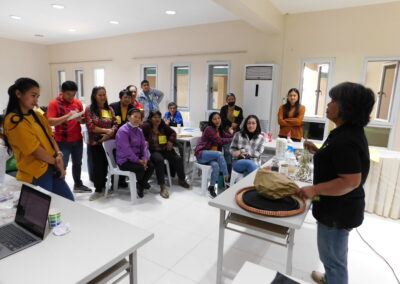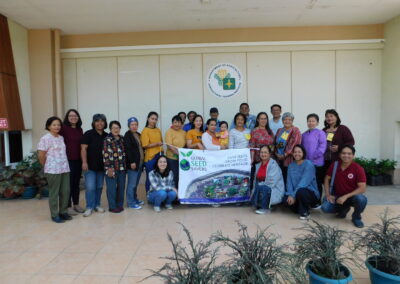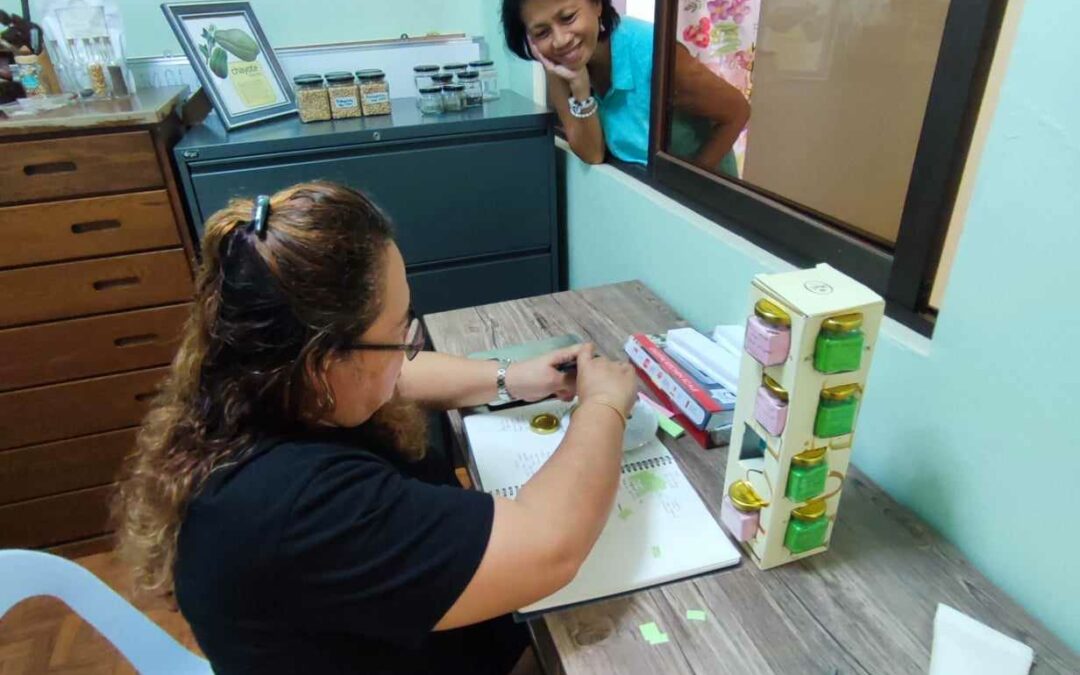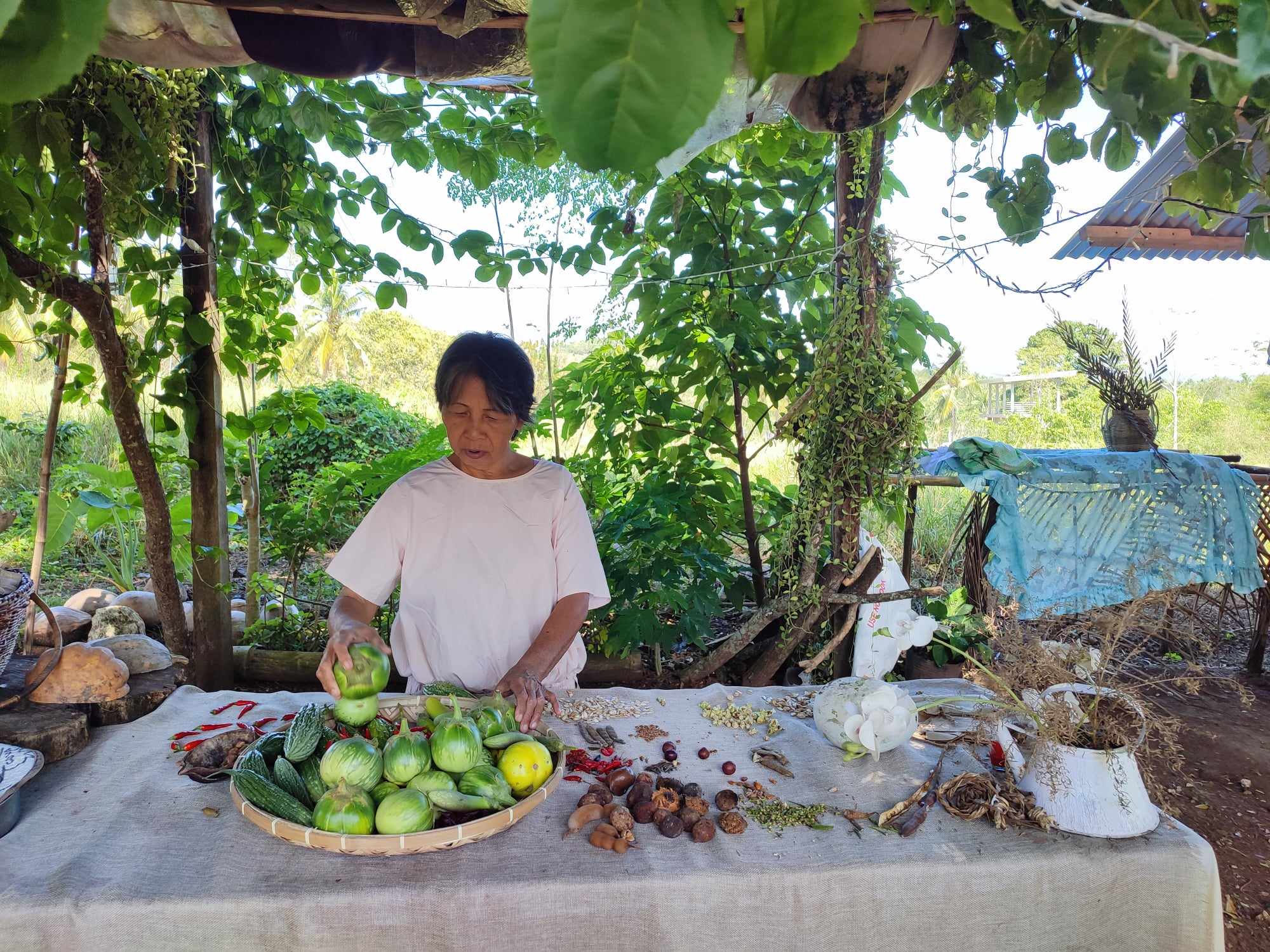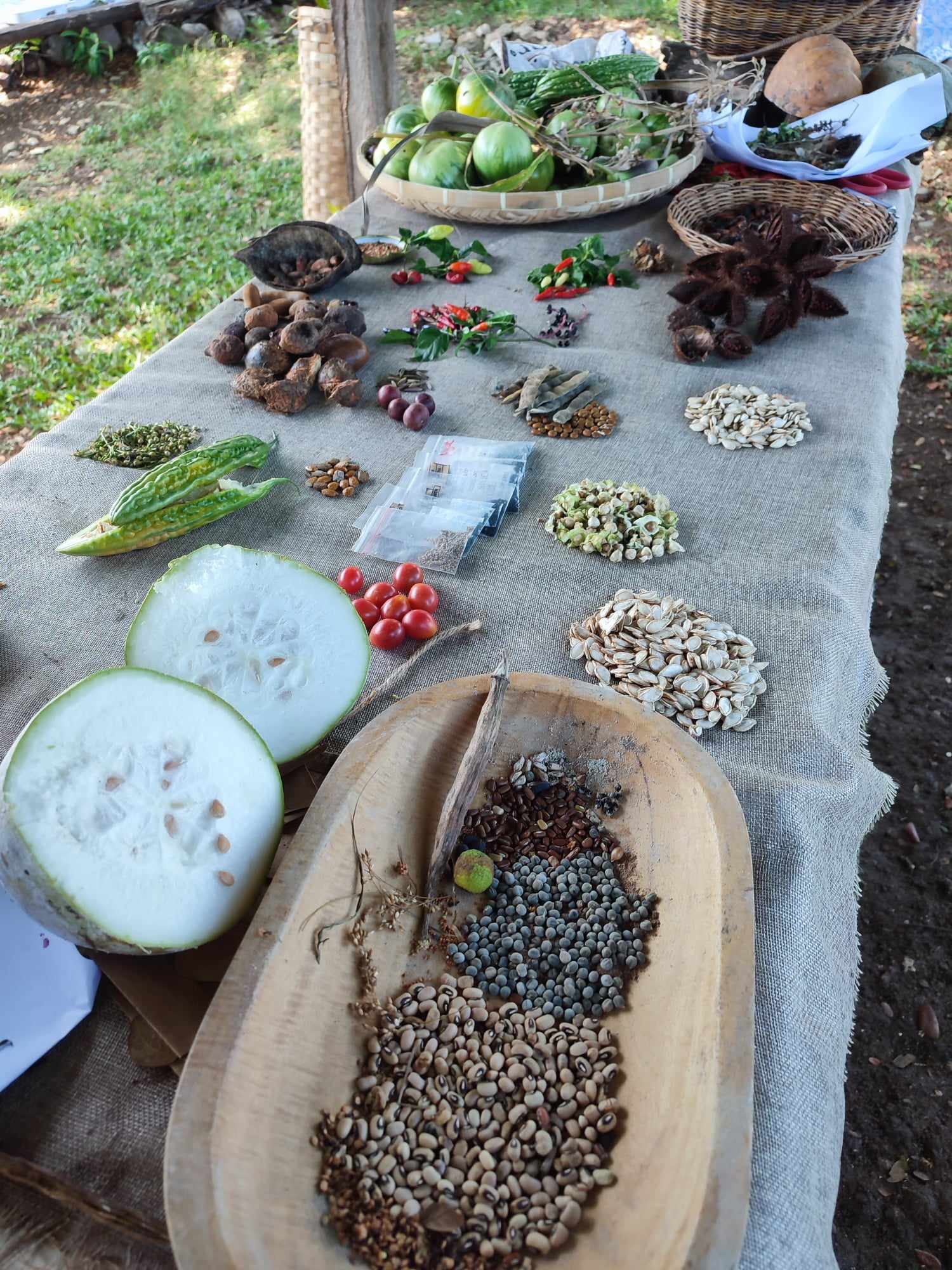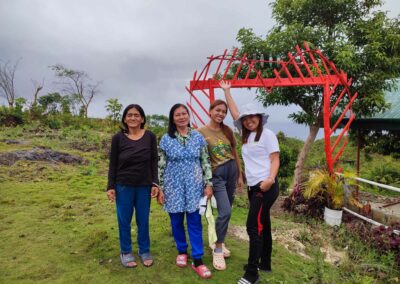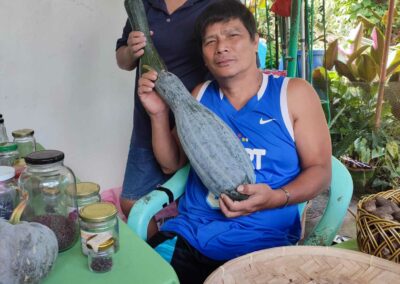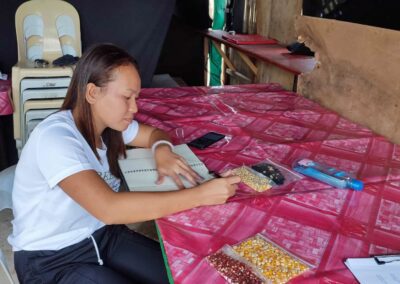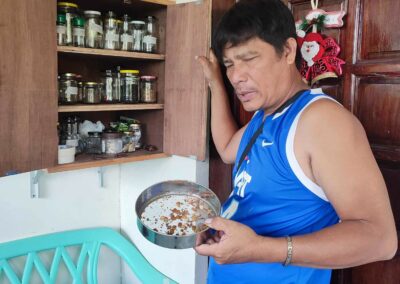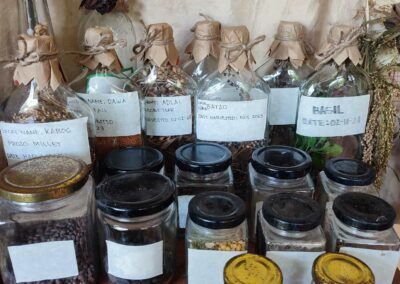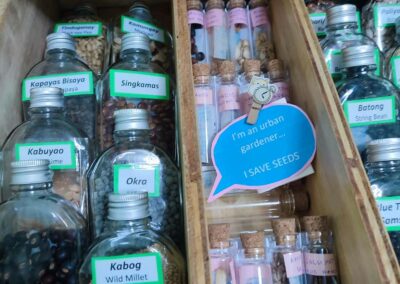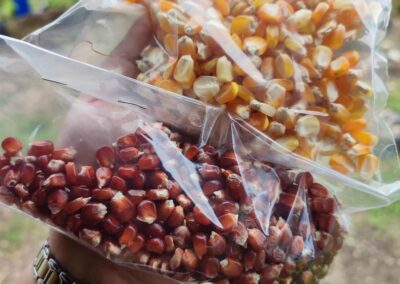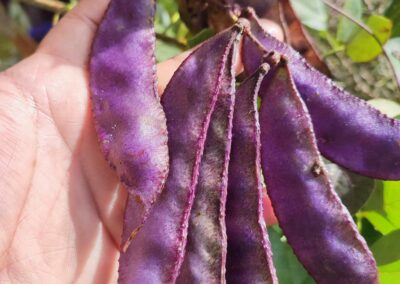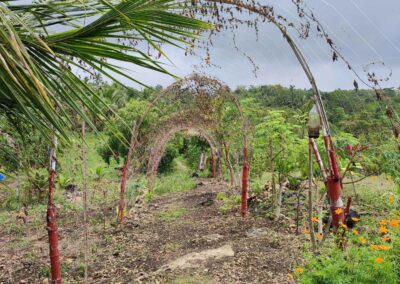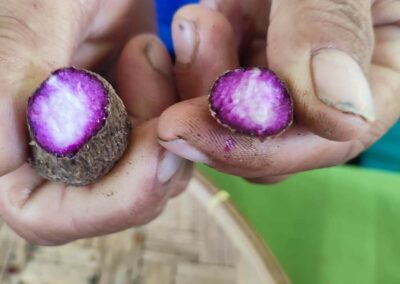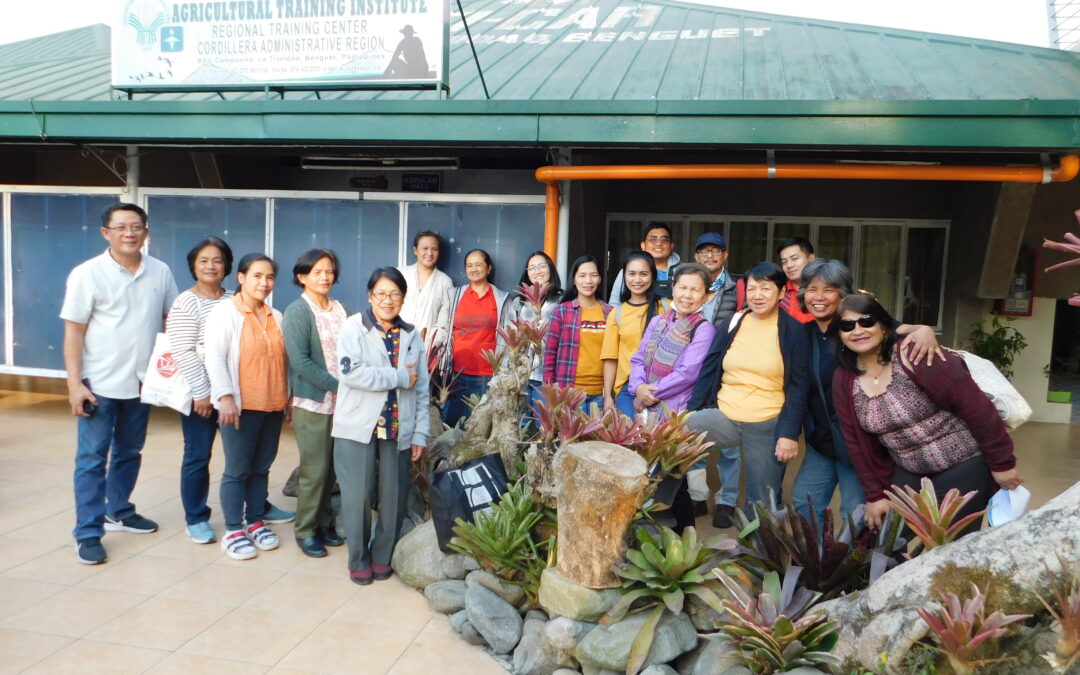
Planting Seeds of Knowledge!
We’re thrilled to share an exciting update from Global Seed Savers, where we’ve been busy planting the seeds of knowledge through our recent programs. In collaboration with the Partnership for Indigenous Knowledge Philippines (PIKP), we hosted a dynamic two-day workshop on our Community Learning and Awareness on Seed Sovereignty (CLASS) alongside Seed School 1 – Basic Seed Saving Course.
Led by the passionate facilitators Sarah Sabado, Elizabeth Martin, and Ding Fuellos, this two-day training was more than just a workshop; it was a transformative experience! Participants dived into the heart of seed sovereignty, learning not just how to save seeds but why it’s crucial. We explored the beauty of naming and describing seeds within cultural and linguistic contexts, highlighting the importance of these practices in preserving our agricultural heritage.
Our partnership with PIKP has been instrumental in amplifying our impact. Together, we’ve created a nurturing environment where participants can connect with their Indigenous knowledge and local realities, inspiring them to become advocates for sustainable food systems. Our curriculum, divided into three engaging modules, has sparked a newfound passion for seed saving among participants.
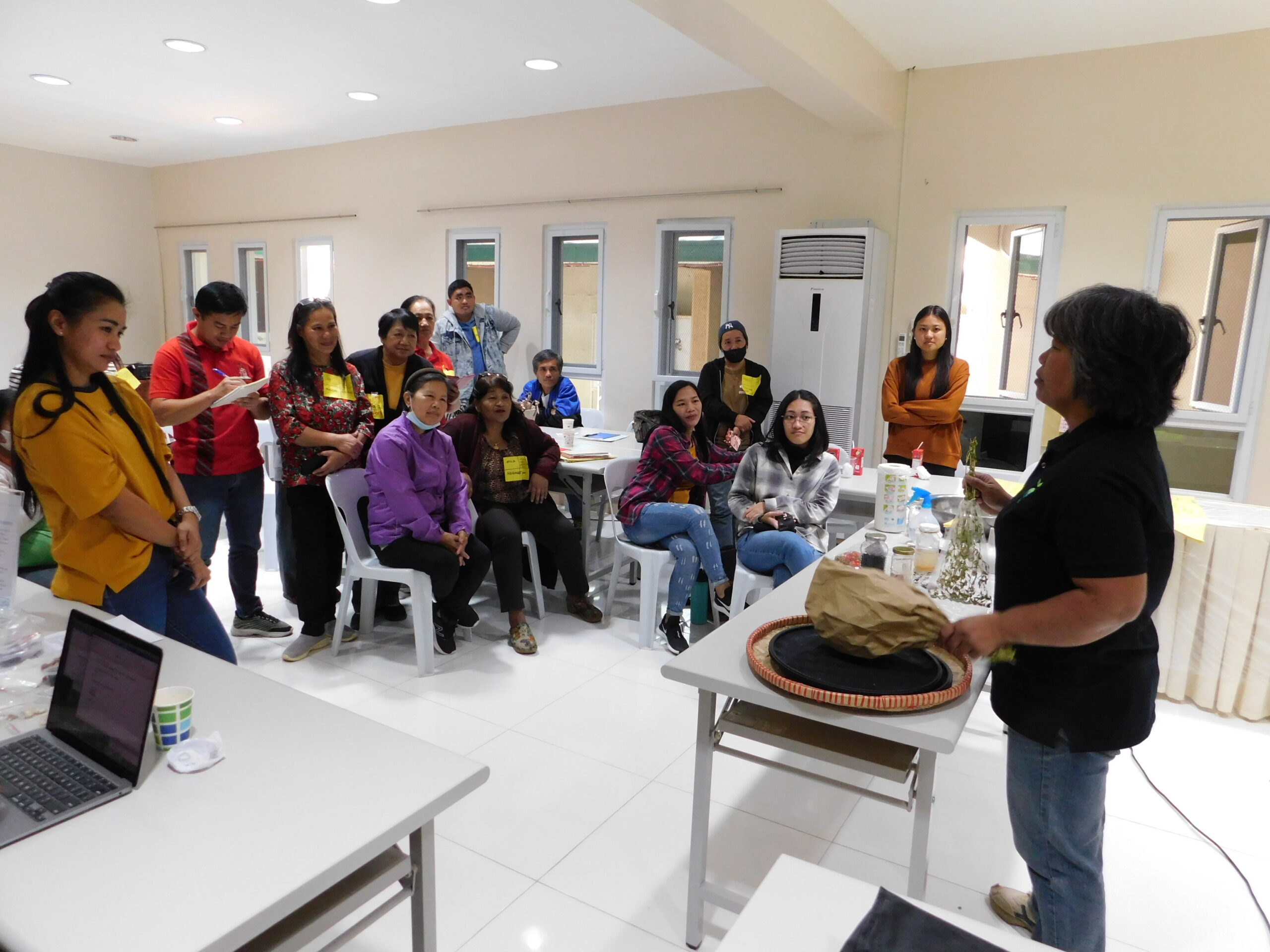
In Module 1: Participants gain insights into the local seed situation, seed security, and Indigenous food systems, fostering a connection with their cultural heritage and community practices.
In Module 2: Why Save Seeds?, the focus shifts towards understanding the intrinsic value of seed saving in enhancing crop diversity and ensuring food security.
Module 3: Seed Science equipped participants with practical knowledge and skills essential for effective seed collection, preservation, and sharing, inspiring them to become stewards of agricultural resilience and biodiversity conservation.
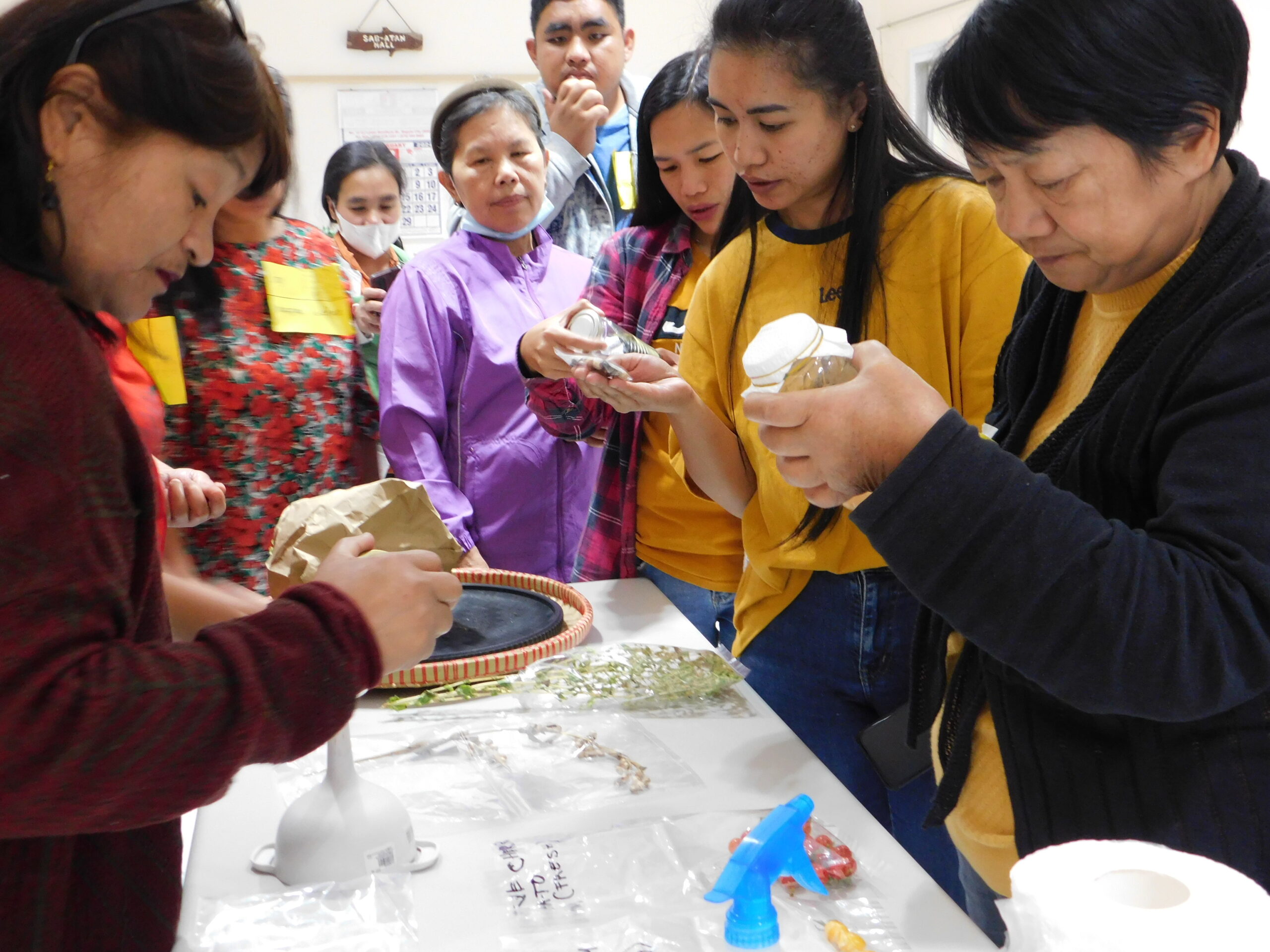
From understanding the local seed situation to the science behind seed saving, we’ve supported our community with the tools and knowledge needed to cultivate resilience and promote biodiversity.
Through these initiatives, we aim to not only disseminate knowledge but also inspire action and foster a community of seed savers dedicated to preserving agricultural heritage and ensuring a sustainable future!
